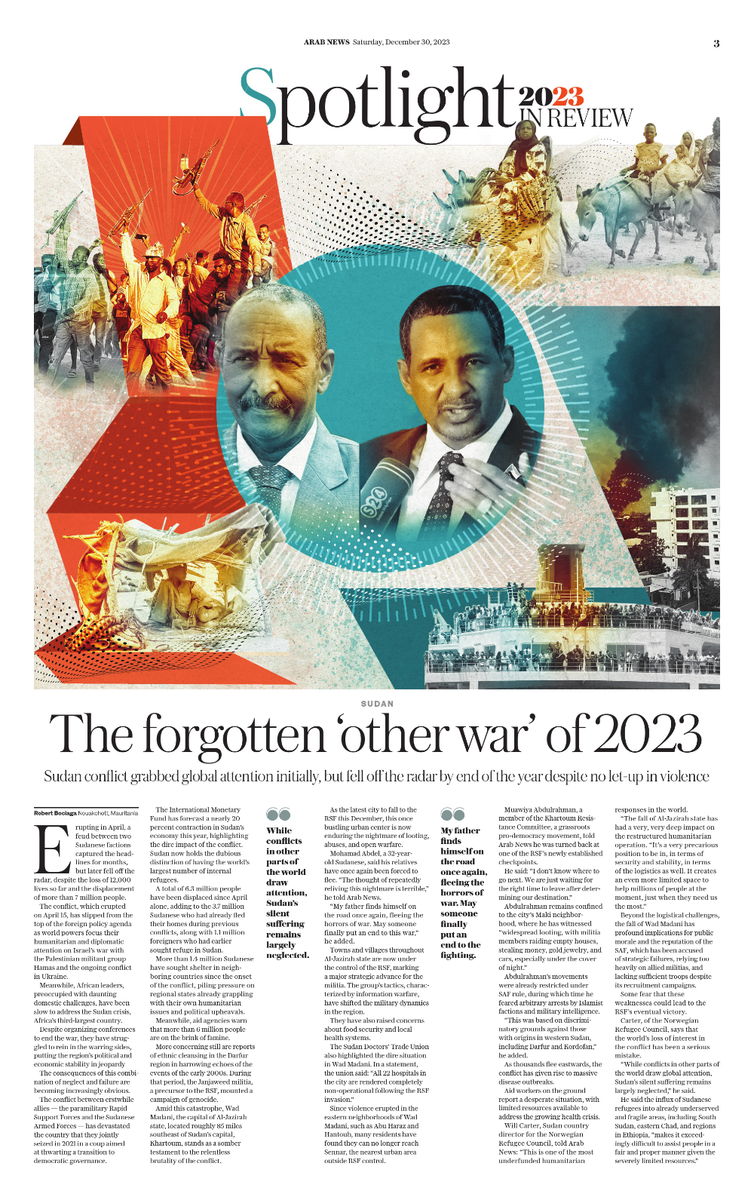NOUAKCHOTT, Mauritania: A vicious power struggle between two Sudanese factions captured the headlines for months earlier this year, but fell off the radar over time, despite the loss of 12,000 lives so far and the displacement of more than 7 million people.
The conflict, which erupted on April 15, began to lose traction as world powers shifted their attention to Israel’s war with the Palestinian militant group Hamas since Oct. 7 and the ongoing conflict in Ukraine.
Meanwhile, African leaders, preoccupied with daunting domestic challenges, have been slow to address the Sudan crisis, Africa’s third-largest country.
Despite organizing conferences to end the war, they have struggled to rein in the warring sides, putting the region’s political and economic stability in jeopardy
The consequences of this combination of neglect and failure are becoming increasingly obvious.
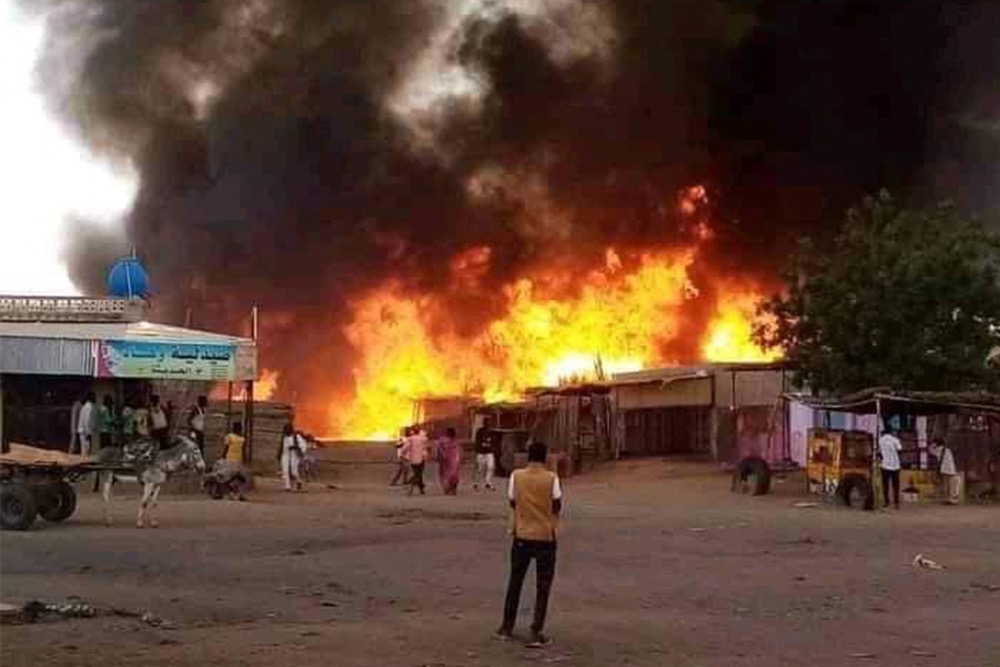
African leaders, preoccupied with daunting domestic challenges, have been slow to address the Sudan crisis, Africa’s third-largest country.
The conflict between erstwhile allies — the paramilitary Rapid Support Forces and the Sudanese Armed Forces — has devastated the country that they jointly seized in 2021 in a coup aimed at thwarting a transition to democratic governance.
The International Monetary Fund has forecast a nearly 20 percent contraction in Sudan’s economy this year, highlighting the dire impact of the conflict. Sudan now holds the dubious distinction of having the world’s largest number of internal refugees.
A staggering 6.3 million people have been displaced since April alone, adding to the 3.7 million Sudanese who had already fled their homes in previous conflicts, along with 1.1 million foreigners who had earlier sought refuge in Sudan.
More than 1.4 million Sudanese have sought shelter in neighboring countries since the onset of the conflict, piling pressure on regional states already grappling with their own humanitarian issues and political upheavals.
Meanwhile, aid agencies warn that more than 6 million people are on the brink of famine.
More concerning still are reports of ethnic cleansing in the Darfur region in harrowing echoes of the events of the early 2000s. During that period, the Janjaweed militia, a precursor to the RSF, mounted a campaign of genocide.
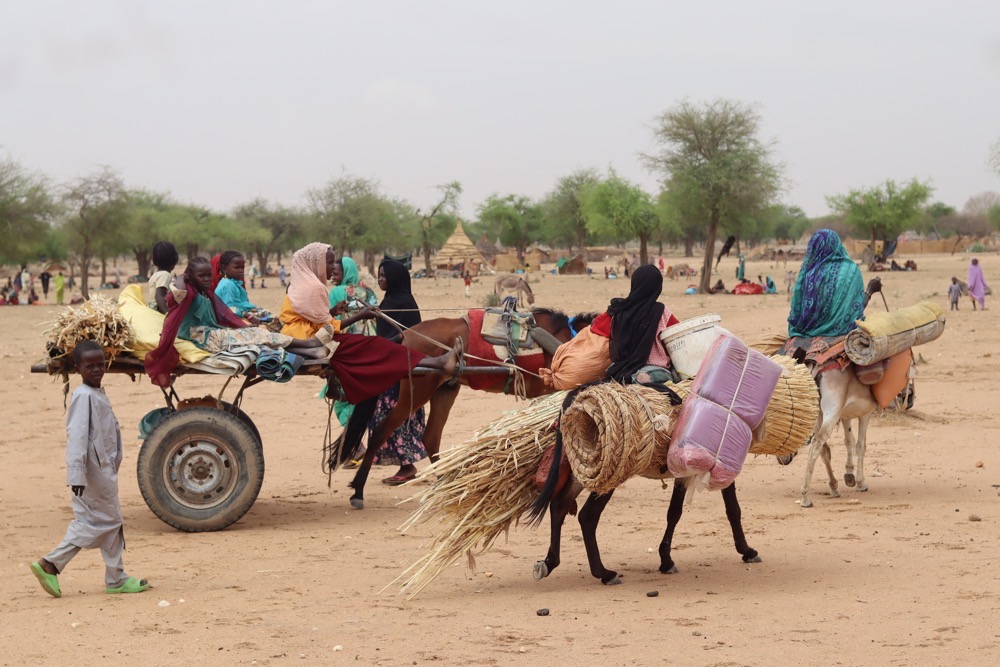
More than 1.4 million Sudanese have sought shelter in neighboring countries since the onset of the conflict.
Throughout 2023, Alice Wairimu Nderitu, the UN adviser on genocide prevention, has issued statements shedding light on a disturbing rise in ethnically motivated violence in Sudan.
Amid this catastrophe, Wad Madani, the capital of Al-Jazirah state, located roughly 85 miles southeast of Sudan’s capital, Khartoum, stands as a somber testament to the relentless brutality of the conflict.
As the latest city to fall to the RSF this December, this once bustling urban center is now enduring the nightmare of looting, abuses against civilians, and open warfare.
Mohamad Abdel, a 32-year-old Sudanese, said his relatives have once again been forced to flee. “The thought of repeatedly reliving this nightmare is terrible,” he told Arab News.
“My father finds himself on the road once again, fleeing the horrors of war. May someone finally put an end to this war,” he added, calling on the warring parties to agree to a ceasefire.
Towns and villages throughout Al-Jazirah state are now under the control of the RSF, marking a major strategic advance for the militia. The group’s tactics, characterized by information warfare and minimal fighting, have shifted the military dynamics in the region.
They have also raised concerns about food security and local health systems.
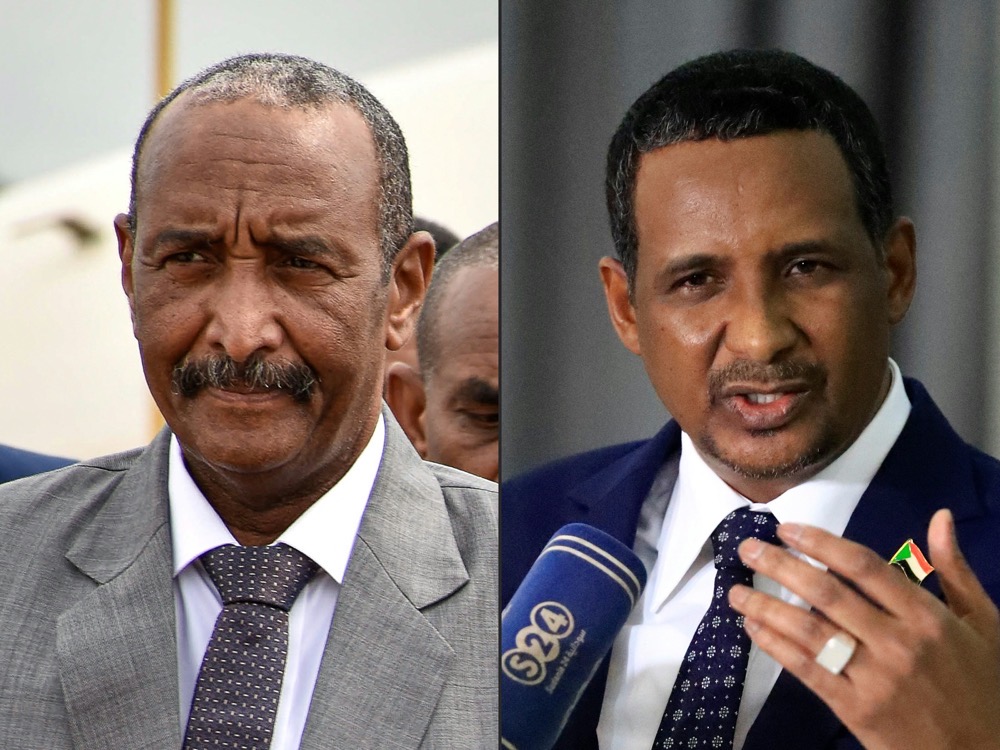
The conflict between erstwhile allies — the paramilitary Rapid Support Forces and the Sudanese Armed Forces — has devastated the country that they jointly seized in 2021 in a coup. (AFP)
Jazira state produces significant quantities of cotton, peanuts, and wheat. Concerns about the potential impact on Sudan’s food supply have been echoed by the UN World Food Programme, which has emphasized the need for the state to continue farming.
The Sudan Doctors’ Trade Union also highlighted the dire situation in Wad Madani. In a statement, the union said: “All 22 hospitals in the city are rendered completely non-operational following the RSF invasion.”
Since violence erupted in the eastern neighborhoods of Wad Madani, such as Abu Haraz and Hantoub, many residents have found they can no longer reach Sennar, the nearest urban area outside RSF control.
Muawiya Abdulrahman, a member of the Khartoum Resistance Committee, a grassroots pro-democracy movement, told Arab News he was turned back at one of the RSF’s newly established checkpoints.
He said: “I don’t know where to go next. We are just waiting for the right time to leave after determining our destination.”
Abdulrahman remains confined to the city’s Maki neighborhood, where he has witnessed “widespread looting, with militia members raiding empty houses, stealing money, gold jewelry, and cars, especially under the cover of night.”
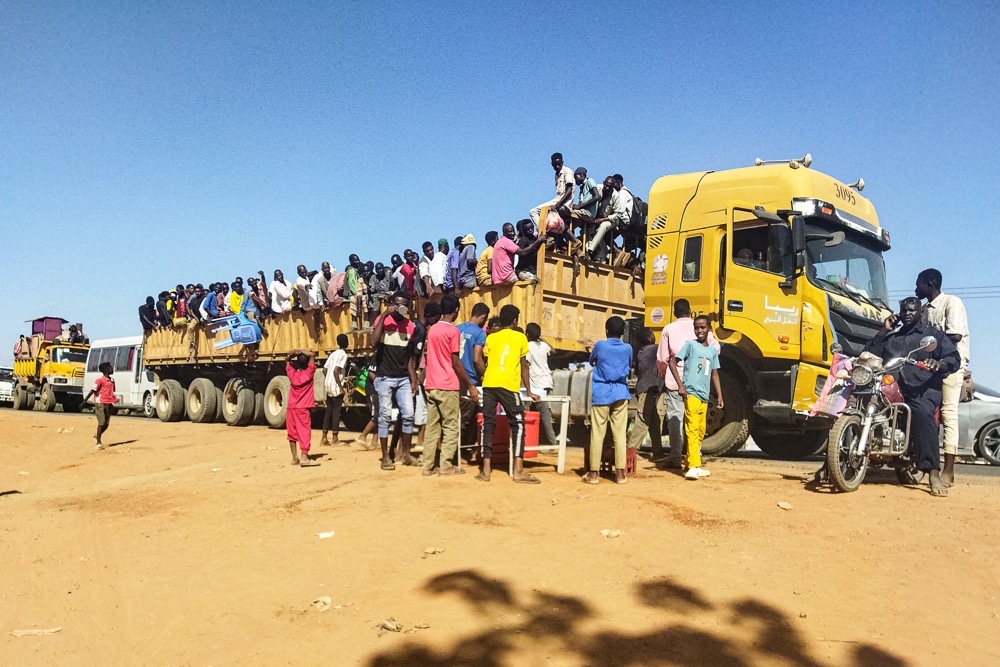
Aid agencies warn that more than 6 million people are on the brink of famine.
Abdulrahman’s movements were already restricted under SAF rule, during which time he feared arbitrary arrests by Islamist factions and military intelligence.
“This was based on discriminatory grounds against those with origins in western Sudan, including Darfur and Kordofan,” he added.
As thousands flee eastwards to Gedaref and Kassala, many of them lacking food, medicines, and other basic necessities, the conflict has given rise to massive disease outbreaks.
Aid workers on the ground report a desperate situation, with limited resources available to address the growing health crisis.
Will Carter, Sudan country director for the Norwegian Refugee Council, told Arab News: “This is one of the most underfunded humanitarian responses in the world.
“The fall of Al-Jazirah state has had a very, very deep impact on the restructured humanitarian operation.
“It’s a very precarious position to be in, in terms of security and stability, in terms of the logistics as well. It creates an even more limited space to help millions of people at the moment, just when they need us the most.”
Beyond the logistical challenges, the fall of Wad Madani has profound implications for public morale and the reputation of the SAF, which has been accused of strategic failures, relying too heavily on allied militias, and lacking sufficient troops despite its recruitment campaigns.
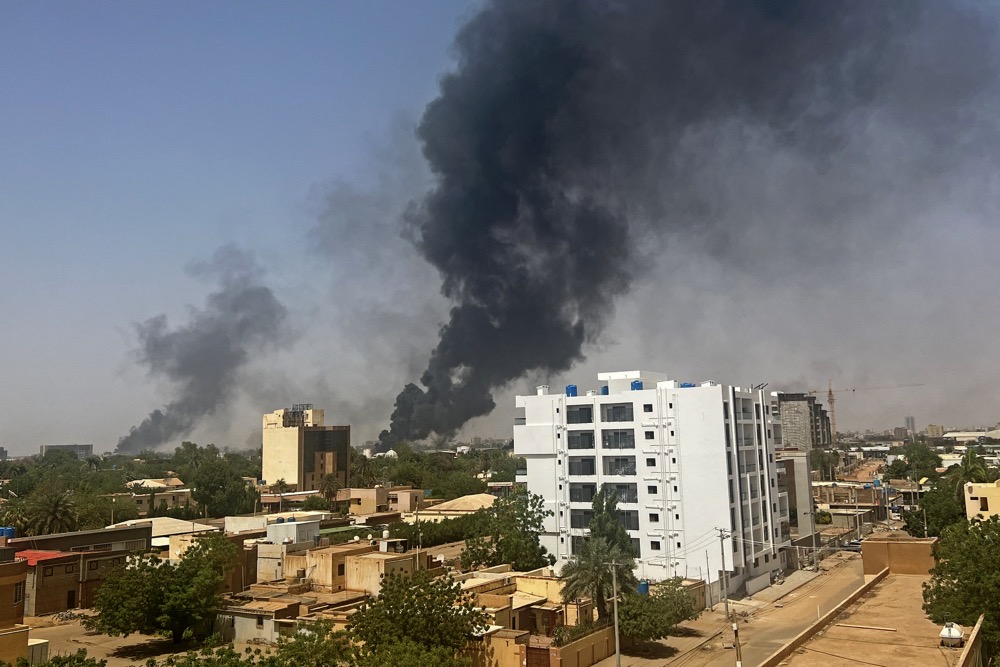
The Sudanese conflict erupted on April 15 and has largely slipped from international diplomatic attention since the start of the war in Gaza between Israel and Hamas. (AFP)
Some fear that these weaknesses could lead to the RSF’s eventual victory, which could have serious security implications for neighboring Libya, Chad, Central African Republic, and beyond.
As the SAF goes after the scalps of the commanders blamed for the abrupt withdrawal of troops from Al-Jazirah state, Carter says that the world’s loss of interest in the conflict has been a serious mistake.
“While conflicts in other parts of the world draw global attention, Sudan’s silent suffering remains largely neglected,” he said.
He pointed out that the influx of Sudanese refugees into already underserved and fragile areas, including South Sudan, eastern Chad, and regions in Ethiopia, “makes it exceedingly difficult to assist people in a fair and proper manner given the severely limited resources.”
